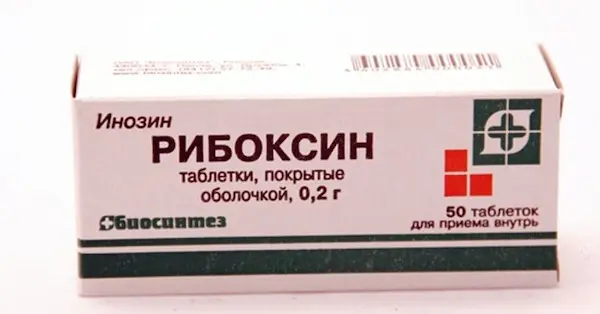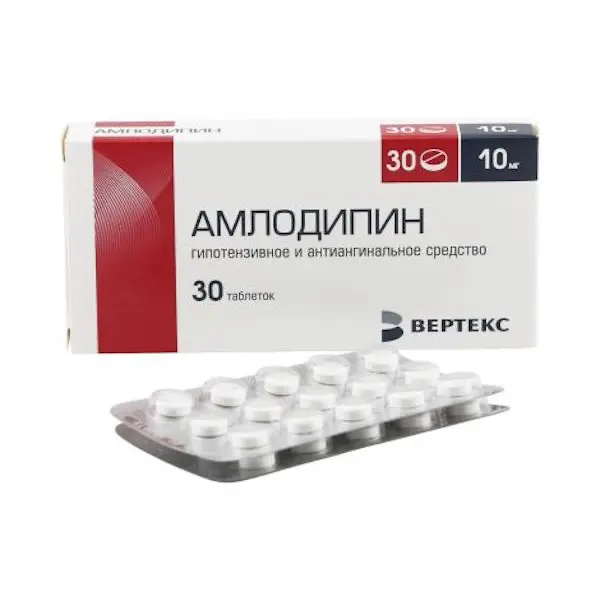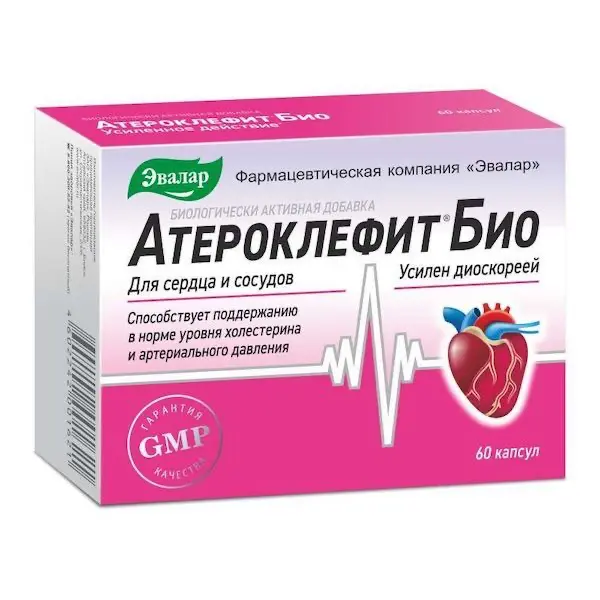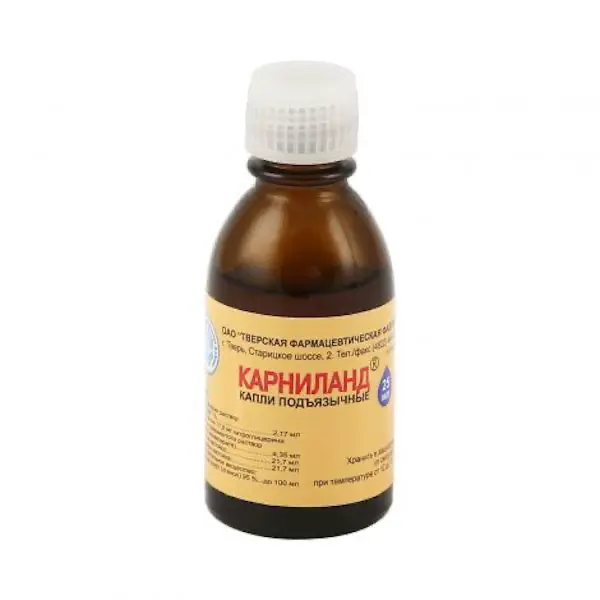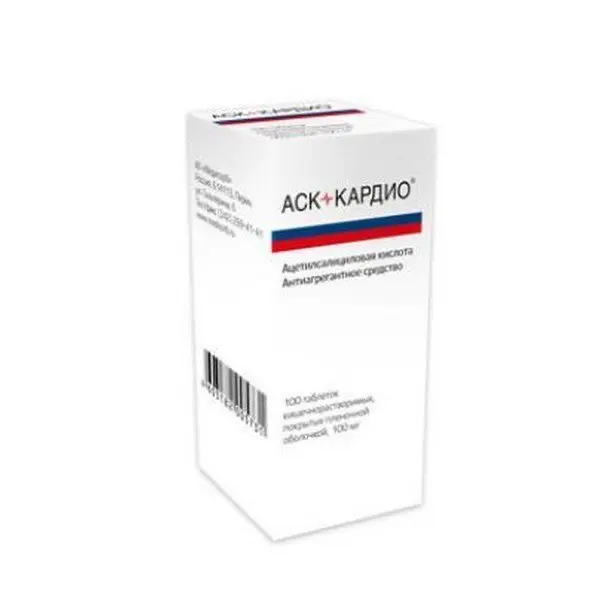Description
Riboxin Pharmacodynamics
Metabolic agent, adenosine triphosphate precursor; has antihypoxic, metabolic and antiarrhythmic effects. Increases myocardial energy balance, improves coronary circulation, prevents consequences of intraoperative renal ischemia. It activates pyruvic acid metabolism to ensure normal tissue respiration, and also promotes activation of xanthine dehydrogenase. It stimulates nucleotide synthesis and enhances the activity of some Krebs cycle enzymes. By penetrating the cells, it increases the energy level, has a positive effect on myocardial metabolism, increases the force of heart contractions and contributes to a more complete relaxation of the myocardium in diastole, resulting in an increase in the stroke volume of the blood. Reduces platelet aggregation.
Indications
Riboxin is prescribed for adults in the treatment of: coronary heart disease, myocardiodystrophy, after myocardial infarction, heart rhythm disorders caused by the use of cardiac glycosides.
Administration in hepatitis, cirrhosis, fatty liver caused by alcohol or drugs, and urokoproporphyria.
Contraindications .
Hypersensitivity to the drug, gout, hyperuricemia.
With caution:
Renal insufficiency.
Pregnancy and lactation:
The drug should be administered only in cases when the benefit to the mother exceeds the potential risk to the fetus and child.
Dosage and administration method
- Orally before meals.
- Maximum daily dose when administered orally is 0.6-2.4 g.
- In the first days of treatment, the daily dose is 0.6-0.8 g (0.2 g 3-4 times a day).
- If drug is well tolerated, the dose is increased during 2-3 days to 1.2 g (0.4 g 3 times a day), if necessary – up to 2.4 g a day.
- Course duration is from 4 weeks to 1.5-3 months.
- In urokoproporphyria daily dose is 0.8 g (0.2 g 4 times a day).
- The drug is taken daily for 1-3 months.

